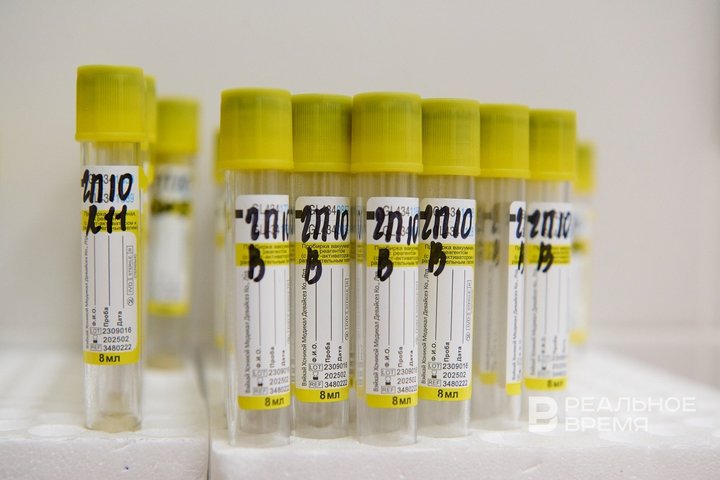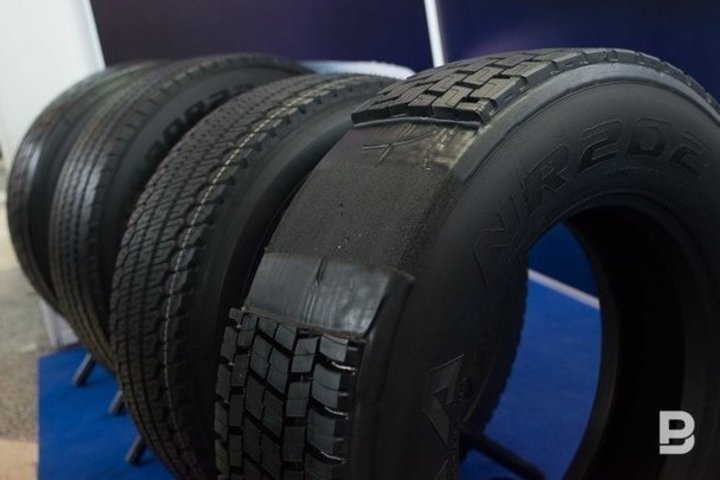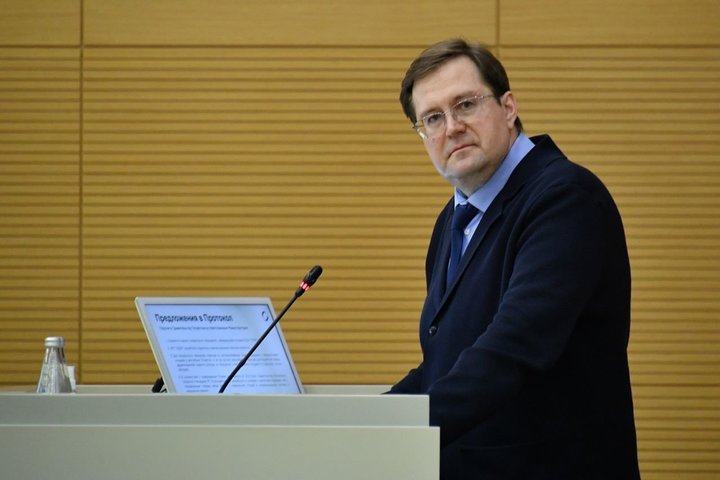‘Someone will seize a good business': medical waste recycling plants to be build in summer
Moscow-based Ether JSC, which was separated from the structure of Rosnano, received approval for the use of technology for the disposal of hazardous medical waste
The experimental technology of the Moscow company Ether for the disposal of hazardous medical and veterinary waste, which implementation in Tatarstan was slowed down due to the lengthy approval procedure, has passed the state environmental expertise. The approval of Rosprirodnadzor makes it possible to start the construction of two waste disposal plants worth 300 million rubles each. “We expect that in the very near future we agree on a financing scheme and in the summer we enter the construction sites," said Ivan Ozhgikhin, the director general of Ether company.
Rosprirodnadzor gives the green light
In the near future, Tatarstan may become a pilot region for the introduction of technology for the destruction of hazardous waste by plasma chemical destruction, which does not leave behind any harmful vapors or residues. The Moscow investment company Ether JSC, formed after the restructuring of Rosnano Group, brought the development to its industrial implementation. Rosprirodnadzor of the Russian Federation, the last of the federal supervisory authorities for the accreditation of new technologies in the country, issued an opinion on the passage of the state environmental assessment. This was announced by the press service of Ether JSC.

“The advanced plasma chemical destruction technology, designed primarily for the destruction of hazardous medical and veterinary waste, has passed the state environmental assessment," the company said in a statement. “The development of Russian scientists, which has now become an industrial technology, makes it possible to destroy hazardous waste with minimal ash content and no harmful emissions. This technology makes it possible to eliminate the need for the disposal of medical waste of class B and C in the Russian regions," it emphasises.
Plants of Ether will begin to be built in the summer
The developers are confident that the republic will become one of the first regions where hazardous waste disposal will take place using its technology. “The decision on its implementation has already been made in Tatarstan," the message says.
“Obtaining state expertise for one of the key solutions in our technology bank opens the way to its widespread implementation. “We expect that in the very near future we agree on a financing scheme and in the summer we enter the construction sites," said Ivan Ozhgikhin, the director general of Ether company. According to him, more than 19 thousand tons of hazardous medical waste of class B and C are generated in the republic annually.

“At the first stage, it is planned to launch two new plasma chemical destruction plants. Their combined capacity will allow processing up to 10 thousand tons of hazardous medical waste of classes B and C, including syringes, needles, dressings and so on," he outlined the roadmap. It is not specified who is going to become the operator of the project, but earlier the authorities called the regional garbage collection and disposal operator Grinta, working in the Eastern Zone.
“The authorities of Tatarstan are working on the creation of an integrated medical waste management system, where there will be a single operator, an information system and facilities for their destruction. Thus, at the regional level, full transparency of the entire process of medical waste management will be ensured, excluding their appearance in ordinary landfills," the press service of Ether JSC explained to Realnoe Vremya.
“We will seize a good business from someone”
For the first time, Rosnano Group presented a waste disposal project in February 2023. Then, at a meeting of the board of directors of Tatneftekhiminvest Holding, Ivan Ozhgikhin, the director for development at Rosnano, stated that the new development was based on the legacy of scientists from the USSR, who proposed an original method of utilisation by plasma chemical destruction. Its advantage is its absolute harmlessness to the environment. Rustam Minnikhanov even joked about this: “We will seize a good business from someone," hinting that gray businessmen will have to leave the waste market.
However, its implementation stalled due to the long bureaucratic procedure for recognising the new technology. This February, Rustam Minnikhanov asked to hurry up. “I think this project is necessary for the republic. As soon as you have the conclusion of Rosprirodnadzor, proceed. We have been discussing for a long time — we need to launch the project," he warned.
Tatneft has taken up tires
“The course of the republic's leadership on the introduction of the most advanced technologies in environmental protection and the most powerful industrial potential of Tatarstan opens up opportunities for piloting practical all environmental solutions from the technology bank of our Ether company here. For example, after the meeting of Tatneftekhiminvest Holding, we are negotiating with Tatneft on the use of plasma chemical conversion technology to extract secondary resources in the processing of plastics and tires.

It is important that when using it, no additional waste preparation is needed, and the output is synthetic fuel, carbon black and metal cord suitable for secondary use," Ivan Ozhgikhin, CEO of Ether JSC, commented to Realnoe Vremya.
According to the developers, the savings from the introduction of the new technology are going to amount to over 62 million rubles. Currently, medical institutions spend up to 1 billion rubles on waste disposal.
